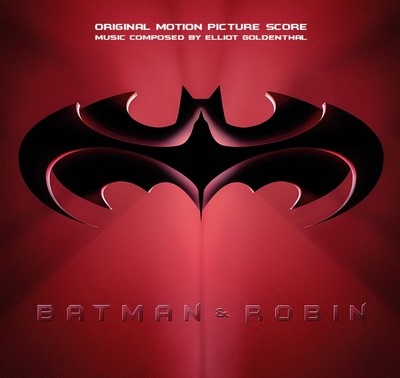
Composed by Brian Tyler
Although it was hardly well-regarded, the action-horror cross-over Alien vs. Predator still made enough money to garner a sequel. The first film is passable entertainment but Requiem suffers from the fact that most of the action takes place in a dark, rainy environment, making it difficult to see the new alien and predator designs. The characters are wafer-thin and there’s a certain maternity ward scene that was just a little too much for me. The film itself bombed. Not a failure is Brian Tyler’s score, all of which can be found on the soundtrack album. This is from around the time that Brian Tyler started getting the opportunity to create big action scores. The actual album presentation is horrendous, but I will talk about that later. First the actual music.
Tyler does a good job of using the style of the Alien and Predator soundtracks, especially the former, though he or somebody in charge decided that none of the franchises’ preexisting themes would be used. One of Horner’s motifs from Aliens does appear, but not much. One cue in which it materializes is “Coprocloakia”. A variation on the Predator theme plays in “Predator Arrival” and “Power Struggle”, with the percussive elements remaining, but the core theme replaced by a variation of Tyler’s Requiem theme. A couple tracks, “National Guard pt. 1” and “Taking Sides,” (the latter a quite good 13-minute piece) use a motif heavily reminiscent of Ripley’s theme from Alien Resurrection. The latter half of “Buddy’s New Buddy” has a call-back to Elliot Goldenthal’s dissonant strings from Alien 3’s “Candles in the Wind.” These are nice references, but it is frustrating that Tyler wouldn’t or was not allowed to actually make the franchise themes clash. At least he finds a way to reference them whereas Harald Kloser ignored them completely for the first AVP. Continue reading
